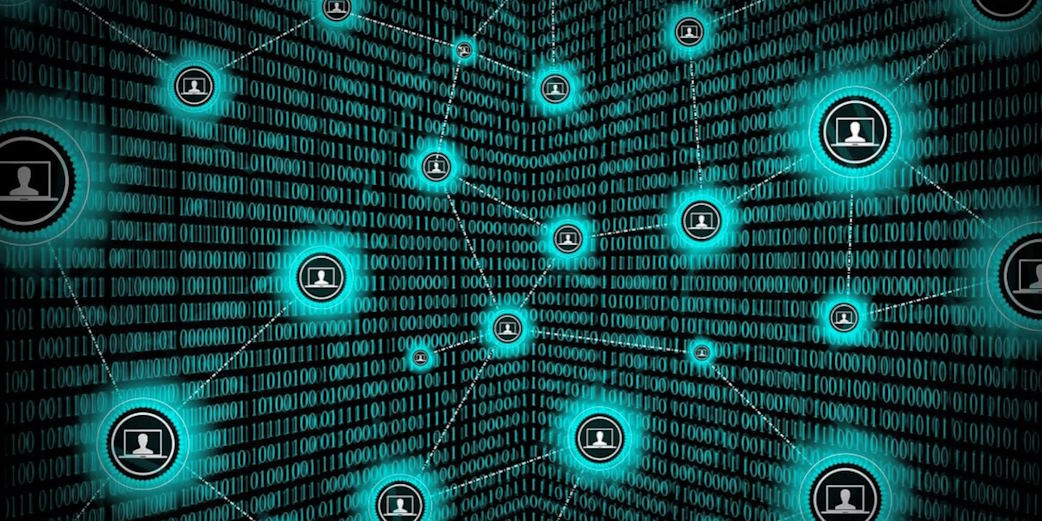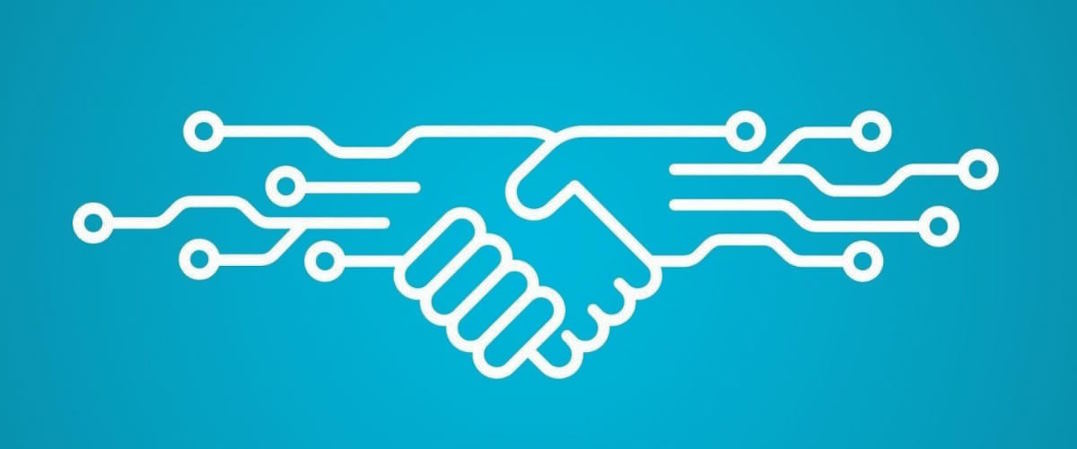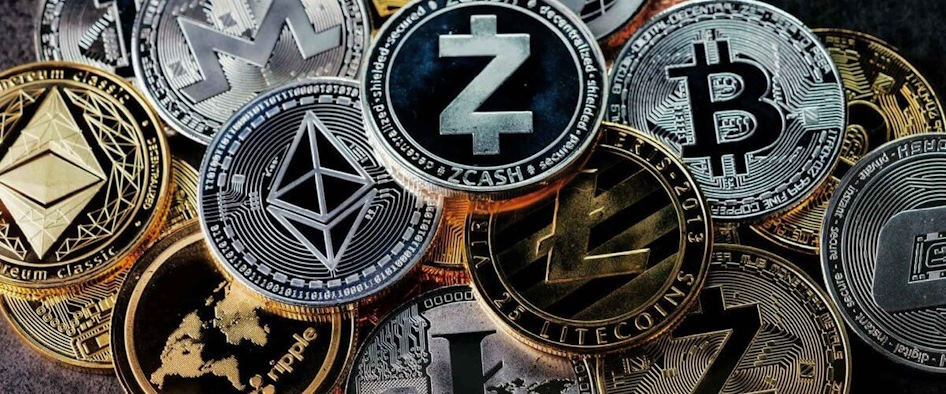Peer-to-peer (P2P) transactions have come a long way, evolving with technology and consumer preferences. As we peer into the future, several trends and innovations are shaping the landscape of P2P transactions.
Cryptocurrency Integration
Cryptocurrencies are gaining traction as a decentralized and borderless form of value exchange. The future of P2P transactions may witness increased integration with cryptocurrencies, providing users with more options for seamless cross-border transactions and reduced reliance on traditional banking systems.
Decentralized Finance (DeFi)
Decentralized Finance, or DeFi, represents a paradigm shift in traditional financial services. P2P lending, borrowing, and trading platforms built on blockchain technology are becoming integral components of the DeFi ecosystem. The future might bring further innovations in decentralized P2P financial instruments, giving users greater control over their assets.
Central Bank Digital Currencies (CBDCs)
Several countries are exploring the development of Central Bank Digital Currencies (CBDCs). These digital currencies, backed by central authorities, could play a significant role in P2P transactions. Implementing CBDCs might enhance the efficiency, security, and traceability of P2P payments.
Enhanced Security Measures
The future landscape of P2P transactions will likely prioritize enhanced security measures. It integrates advanced encryption technologies, biometric authentication, and robust identity verification protocols. As cyber threats evolve, ensuring the security of P2P transactions will remain a top priority.

Seamless Mobile Integration
Smartphones’ ubiquity has already transformed how we engage in P2P transactions. We can expect even more seamless integration with mobile devices in the future. Mobile wallets and applications will continue simplifying P2P payments, making them more convenient and user-friendly.
Artificial Intelligence (AI) and Automation
AI and automation will play a crucial role in streamlining P2P transactions. Chatbots and virtual assistants powered by AI can facilitate communication and support for users engaged in P2P payments. Additionally, automated smart contracts on blockchain networks could further automate and optimize the execution of P2P agreements.
Cross-Border P2P Transactions
With the globalization of commerce and an increasing number of remote workers, the future of P2P transactions will likely involve more seamless cross-border capabilities. Blockchain and cryptocurrencies may be pivotal in reducing the complexities and costs associated with international money transfers.
Environmental Sustainability
A growing concern for environmental sustainability is influencing the future of P2P transactions. Blockchain networks with eco-friendly consensus mechanisms and a broader awareness of the environmental impact may shape the development of sustainable P2P transaction solutions.
User-Centric Platforms
Future P2P transaction platforms will likely prioritize user experience. From intuitive interfaces to personalized financial insights, user-centric design will be crucial. Platforms prioritizing transparency, accessibility, and user control will stand out in the evolving landscape.
Regulatory Frameworks
As P2P transactions become more prominent, regulatory frameworks will evolve to ensure consumer protection, prevent fraud, and maintain financial stability. Governments and international bodies will likely establish clearer guidelines and regulations to govern P2P transactions.































